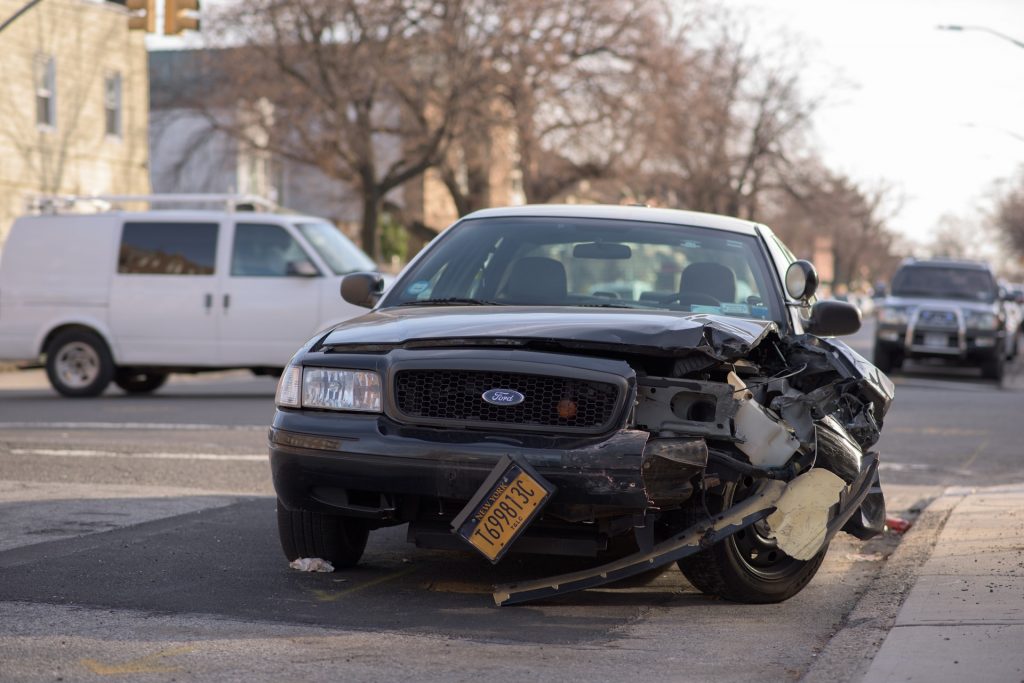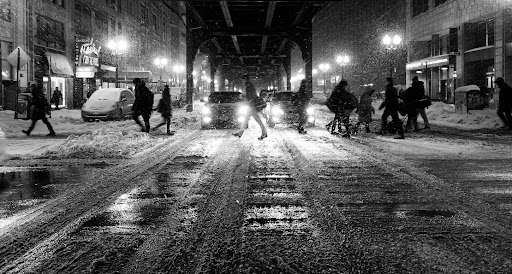How to determine who is at fault during a winter accident

Winter weather is fast approaching, and its tumultuous weather can cause a wide variety of hazardous road conditions – making driving dangerous and increasing the possibility of an accident occurring. Black ice, heavy snowfall, roads that have not been cleared of snow and other bad driving conditions can all make it more difficult to control your vehicle and avoid an accident.
When it comes to filing a claim for a weather related accident, insurance companies may make some allowances for road conditions, but it remains the driver’s responsibility to take appropriate precautions when driving during the winter.
Determining Fault
When an insurance company determines fault, all circumstances of the accident are reviewed. This includes things like inclement weather or bad road conditions. If your car slides through an intersection or into another vehicle, or if you lose control and go off the road as a result of slick surfaces, you may feel that it is the road and not the driver at fault.
Unfortunately, in the eyes of an insurance company, it remains the driver’s responsibility to keep the vehicle under control no matter what the road conditions. Although icy roads can definitely contribute to an accident and no driver can be expected to control the weather – drivers must take extra precautions when driving in these conditions.
In Ontario, the insurance companies to decide who is at fault, regardless of road and weather conditions, always use the Fault Determination Rules. By and large, the road conditions will not clear the driver of any fault in the accident.
In some cases, a 50-50-fault determination may be made and this might be the case when two cars collide due to both drivers losing control because of inclement weather or road conditions. However, this doesn’t clear either driver of fault; it only acknowledges that the fault was mutually shared.
What Happens after Fault is Determined
If you are determined to be at-fault in an accident and you feel that the determination is wrong, you have the right to appeal the decision. You may cite bad weather or road conditions as the reason why you feel you are not at fault, but the insurance company will not use this alone as a determining factor. Unless you can show that another party was at fault, the determination will likely stand.
The insurance company may acknowledge that the road conditions bear some of the blame for the accident occurring, but it is the driver who may be faced with an insurance increase. Unfortunately, there is no lenience in terms of removing a weather-related accident from a driver’s insurance record. The accident will likely be treated the same for any at-fault accident, no matter what the contributing factors. If you’re insurance premium is high as a result of an accident, it may be time to shop around for car insurance quotes.
Even if you are at fault for an accident, you might be entitled to accident benefits from your insurance company. These are usually referred to as no-fault benefits. At Harris Law, we can help you with your application for no-fault benefits and represent you if you have a dispute with your insurance company.













